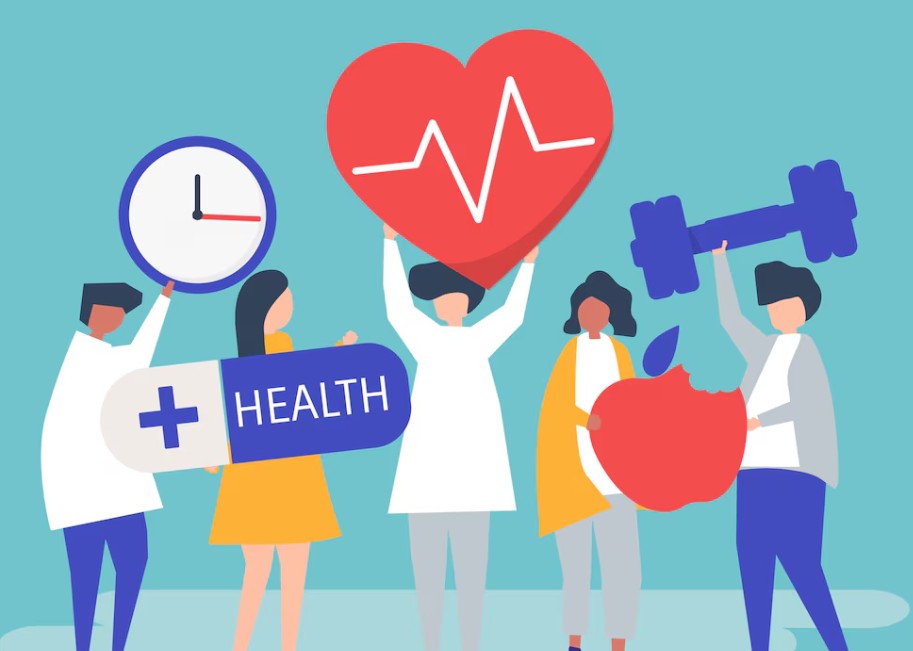Maintaining a healthy smile involves more than just brushing twice a day. Regular visits to the dentist are a vital part of your overall healthcare routine, helping to prevent issues before they become serious and ensuring your oral health supports your general well-being. Yet, many people only book dental appointments when they experience pain or discomfort. In this guide, we’ll explore why routine dental check-ups are so important, the common problems they can prevent, and how your oral health impacts your overall physical health.
Why Are Regular Dental Check-Ups Important?
Visiting the dentist every six months may seem excessive if you aren’t experiencing any issues, but preventative care is far more effective than waiting for problems to arise. During a routine dental visit, your dentist will:
- Check for cavities and tooth decay: Early detection prevents the need for extensive treatments like root canals or extractions.
- Identify gum disease: Gingivitis, the early stage of gum disease, is reversible. However, if left untreated, it can develop into periodontitis, which can lead to tooth loss.
- Spot early signs of oral cancer: Dentists are trained to detect early warning signs of oral cancer, which can significantly improve survival rates when caught early.
- Remove plaque and tartar: Even with regular brushing and flossing, some areas of your mouth are difficult to clean properly. A professional dental cleaning removes built-up plaque and tartar, reducing the risk of tooth decay and gum disease.
How Your Oral Health Affects Your Overall Well-Being
Good oral hygiene isn’t just about a healthy smile—it also plays a key role in your general health. Numerous studies have linked poor oral health to serious medical conditions, including:
- Heart disease: Inflammation from gum disease has been associated with an increased risk of heart disease and stroke. Bacteria from the mouth can enter the bloodstream, potentially contributing to the formation of arterial plaque.
- Diabetes complications: People with diabetes are more susceptible to gum disease, and in turn, gum disease can make it harder to control blood sugar levels.
- Respiratory issues: Oral bacteria can be inhaled into the lungs, increasing the risk of respiratory infections like pneumonia.
Common Dental Problems and Warning Signs
Being aware of common dental issues can help you seek care before they worsen. Some conditions to watch for include:
- Tooth sensitivity: Sensitivity to hot or cold foods may indicate enamel erosion or cavities.
- Bleeding gums: Gums that bleed during brushing or flossing could be a sign of early gum disease.
- Persistent bad breath: Chronic bad breath (halitosis) may be a symptom of gum disease, tooth decay, or infection.
- Loose or shifting teeth: Teeth that feel loose or move out of place could indicate advanced gum disease or bone loss.
Tips for Maintaining Good Oral Health
While regular dental visits are essential, maintaining good oral hygiene at home is equally important. Here are some tips to keep your teeth and gums healthy:
- Brush twice a day: Use fluoride toothpaste and a soft-bristled toothbrush to clean all surfaces of your teeth.
- Floss daily: Flossing removes plaque and food particles from between the teeth and along the gumline.
- Limit sugary foods and drinks: Sugar fuels the bacteria that cause cavities, so reduce your intake of sweets and sugary beverages.
- Stay hydrated: Drinking water throughout the day helps wash away food particles and keeps your mouth moist, preventing dry mouth (which can contribute to tooth decay).
- Use mouthwash: An antimicrobial mouthwash can help reduce plaque and prevent gum disease.
When to Seek Help from a GP
In some cases, dental problems may be linked to underlying health conditions. For example, chronic dry mouth, which can increase your risk of cavities, may be caused by medications or medical conditions such as diabetes or Sjögren’s syndrome. If you’re experiencing ongoing oral health issues that may be related to a broader health concern, it’s worth discussing them with a GP. If you need quick access to medical advice or want to discuss your symptoms with a doctor without delay, you can talk to a doctor online through a virtual doctor’s consultation.
Conclusion
Regular dental check-ups are a fundamental part of maintaining good oral health and preventing serious medical issues. By addressing dental concerns early, you can avoid costly treatments and protect your overall well-being. Remember, your oral health is closely linked to your general health, so don’t overlook the importance of routine dental care. If you have any concerns about how dental issues may be impacting your health, consider booking an online GP appointment for professional guidance and support.

